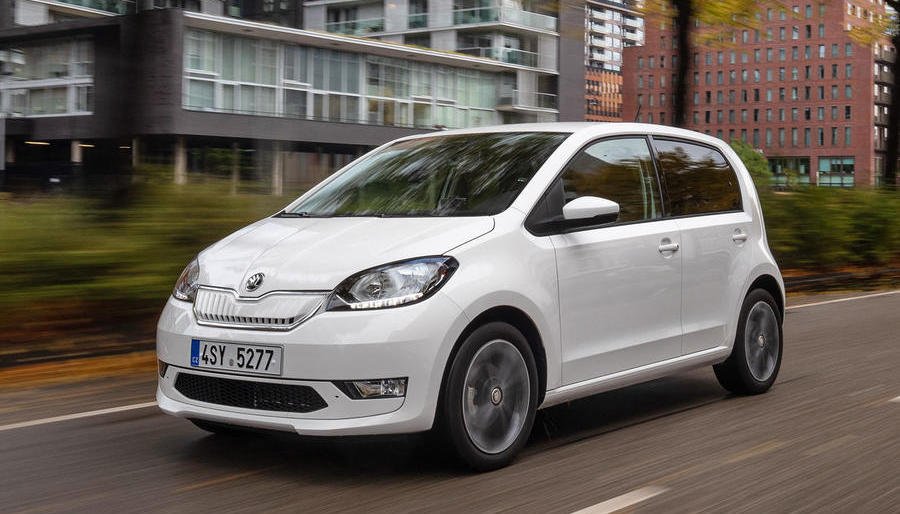The Skoda Citigo is officially no more, as the Czech maker focuses its efforts on larger models and electrification.
The future of the city car, which is a sibling of the Volkswagen Up and Seat Mii, has long been in question, but Skoda sales and marketing boss Alain Favey has now confirmed it will not return.
He said: "Citigo is gone - as far as Europe is concerned we are sold out. There will not be a replacement of the Citigo and we have no intention to have a car of this size in the future."
The combustion-engined Citigo went off sale in late 2019 in the UK, but the model continued with the electric Citigo-e iV. The zero-emissions model went on sale in early spring, and the UK's 400-unit allocation quickly sold out. Customer deliveries will be complete by the end of this year, said a Skoda UK spokesman.
A new, small electric car, which could potentially succeed the Citigo, is not currently on the table, said Favey. "If one day there is a version of the Volkswagen Group's [electric] MEB platform which allows smaller cars to be produced [than now], we would have a Skoda version, but I don't know about such plans. But as far as the Citigo is concerned, the game is over."
Skoda this week revealed its first stand-alone EV, the Enyaq, built on VW's MEB platform. Favey said that this model, alongside the existing Superb plug-in hybrid and upcoming Octavia plug-in hybrid, would allow the brand to capitalise on the growing demand for electrified models.
However, smaller Skoda models will not receive electrified versions for the foreseeable future, as the costly technology would make such cars unattainable for customers, Favey said.
Talking about the possibility of plug-in hybrid options, he commented: "It's disputable if it's a good idea to have a Scala PHEV. It's a technology which is still extremely expensive - you need to find a customer base which has the buying power to afford that technology, or we have to lose money which is not an option for us."
Favey also said that there were no solid plans for Skoda's next EV following the Enyaq, and that Skoda was closely watching EV demand. He added that the flexibility of VW's MEB platform meant that development times of future EVs could be much quicker than traditional combustion-engined cars.

